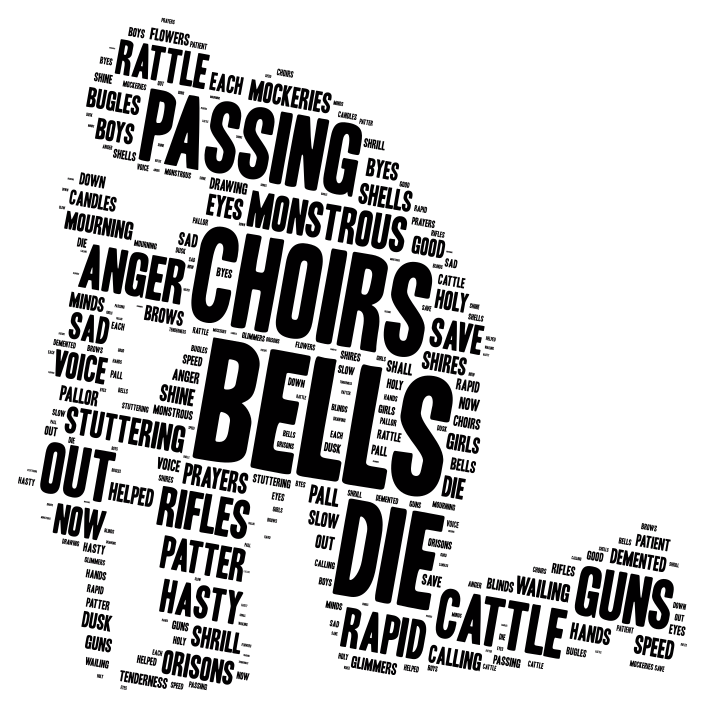

One man’s suffering is not more tragic than that of another. He resisted giving concrete identities to the soldiers who populate his poems to stop their experiences from becoming mere anecdotes. As a poet, Owen understood the irony of heroism very well.

The tragedy of Owen’s end, just seven days before the guns fell silent, stands out in the cultural memory ahead of the thousands of men who died – or were yet to die – during the final moments of World War I. But what made the crossing at Ors different however was the death of its most celebrated officer – Lieutenant Wilfred Owen – who was hit while helping the men who were building the bridge. The attack was one of multiple attempts made up and down the canal to push back the Germans, all with similar consequences.

Against the odds, they forced a crossing and routed the enemy, but in so doing they suffered more than 200 casualties. But as the troops attempted to build a pontoon bridge, they came under heavy machine gun fire. On November 4 1918, the 2nd Manchester Regiment received orders to cross the Sambre and Oise Canal near the village of Ors to capture German positions at the opposite side. But what they may not be aware of is how close the Armistice was when Owen was killed at the age of 25. For many people, most of what they know about the futility, sacrifice and tragedy of World War I, they learned through reading the poetry of Wilfred Owen.


 0 kommentar(er)
0 kommentar(er)
